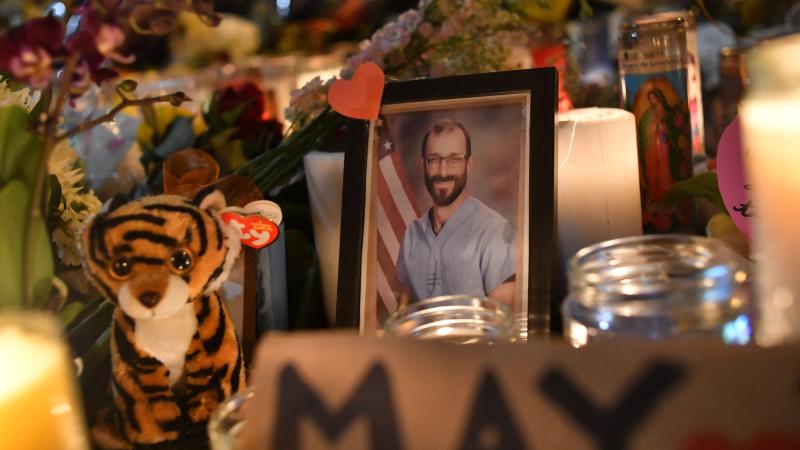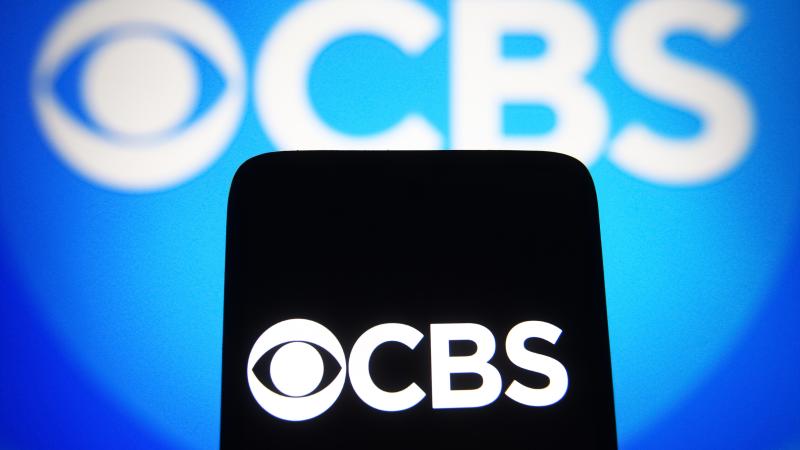NYT columnist denies pressuring scientists behind study that found masks make little difference
"Disagreement and clarification and questions about other people's work is normal," Zeynep Tufekci says. "I am confused by the claim that we have conceded something," leader of 17-year research project responds.
New York Times columnist Zeynep Tufekci helped set the popular narrative that science supports mask-wearing as an effective COVID-19 intervention. She was a finalist for last year's Pulitzer Prize for commentary largely due to her pandemic-oriented writing.
Now the Princeton sociologist is challenging accusations she used her pulpit to discredit and pressure the scientists behind 17 years of systematic reviews of mask research, which most recently concluded masks "may" or "likely" make "little to no difference" against influenza or COVID-19.
Referring to scientific disagreement as bullying "is a fundamental misunderstanding of the scientific process," Tufekci wrote in a lengthy email to Just the News, pointing to presumptive criticisms of her work among 15,000 citations on her Google Scholar page.
"Disagreement and clarification and questions about other people's work is normal. That's how it works," she wrote.
She has never portrayed masks "as a talisman" but rather a tool that varies with mask quality and threat level among other variables, Tufekci said, emphasizing she has "repeatedly criticized the CDC and public health officials" for "overreach" on closing outdoor spaces, banning hospital visitors and even imposing mask mandates for toddlers.
Tufekci has featured prominently in two articles this year by former Senate Finance Committee investigator Paul Thacker, who helped expose financial ties between doctors and pharmaceutical companies before becoming an independent journalist.
The first pointed to her alleged conflicts of interest and feigning of "academic rigor by posing as professor and then peer reviewing research in her own Times’ essays."
In the second last week, Thacker posted heavily redacted emails he obtained from U.K.-based research collaborative Cochrane, described by Tufekci and others as the "gold standard" of evidence-based medicine, under a European Union "personal data" access law.
The emails apparently discuss how to respond to Thacker's queries about possible conflicts of interest behind Cochrane's March 10 reinterpretation of its latest systematic review, a project led by University of Oxford epidemiologist Tom Jefferson since 2006. Jefferson has accused Cochrane of delaying the update for several months because it didn't give the "right answer."
Cochrane's statement, credited to Editor-in-Chief Karla Soares-Weiser, may have violated a research ethics code that prohibits publishers from unilaterally changing the "interpretation and conclusions" of authors' papers.
It was published hours after Tufekci's column quoted Soares-Weiser as saying that Jefferson had falsely claimed the review of 78 randomized controlled trials (RCTs) found "no evidence" that masks "make any difference." The column included select portions of the statement.
The collaborative privately told the 12 authors it was "blindsided" by Tufekci, who later claimed that she had prompted a "correction" from Cochrane. No part of the paper has been revised, including the "plain language summary" that Soares-Weiser called "open to misinterpretation," much less "retracted," as then-CDC Director Rochelle Walensky falsely told Congress.
Unredacted portions of Cochrane's production to Thacker include his questions about Tufekci's influence.
He had asked if Tufekci told Cochrane she had published a competing mask study — not included in the Cochrane review because it wasn't an RCT — and had advised the CDC and World Health Organization to "institute masking all the way back in 2020."
Scientists are concerned "she is now using her position with the New York Times to harass researchers and win an argument she lost in the academic literature," Thacker wrote in the article.
Thacker told Just the News he considered Tufekci's column "an air strike" on Cochrane with help from inside the collaborative, all because the systematic review "made Zeynep look like sh**."
His article "contains numerous inaccuracies about my stances and scientific work on the utility of mask wearing," Tufekci told Just the News.
She pointed to the authors' response to a comment on the paper about "the theme of adherence," which affirms "the main point of my piece." They said it "did not directly assess the impact of wearing a mask but compared the outcome in populations assigned to an intervention aimed at increased mask wearing compared with not being assigned to this intervention group."
Tufekci reached out to "many" of the authors, and among those who responded — Jefferson did not — they had respectful "agreements and disagreements" like all scientists, she said. None who responded to her "have complained about the piece."
"I am confused by the claim that we have conceded something. This is not the case," Jefferson, who is based in Italy, told Just the News. He previously demanded the Times examine Tufekci's "personal agenda."
Tufekci is offering up "personal viewpoints" and has "zero scientific credibility on the issue of masks," Thacker told Just the News, pointing to two articles Tufekci wrote in February and March 2020.
She told Scientific American readers not to worry about finding masks — then in short supply — because hand-washing was much more important, then told New York Times readers "of course masks work" while conceding surgical masks only "protect a bit more" than no mask.
"Anyone can take a look at her academic publishing record and see much of it consists of essays in news outlets," Thacker said. "She publishes little to no original research and much of what she authors in academic journals are opinion pieces."
The Facts Inside Our Reporter's Notebook
Videos
Links
- Pulitzer Prize for commentary
- masks "may" or "likely" make "little to no difference"
- 15,000 citations on her Google Scholar
- helped expose financial ties
- alleged conflicts of interest and feigning of "academic rigor
- heavily redacted emails he obtained
- March 10 reinterpretation
- didn't give the "right answer."
- research ethics code
- Tufekci's column quoted Soares-Weiser
- collaborative privately told the 12 authors
- she had prompted a "correction" from Cochrane
- Rochelle Walensky falsely told Congress
- competing mask study
- authors' response to a comment
- examine Tufekci's "personal agenda."
- Scientific American
- New York Times readers
















